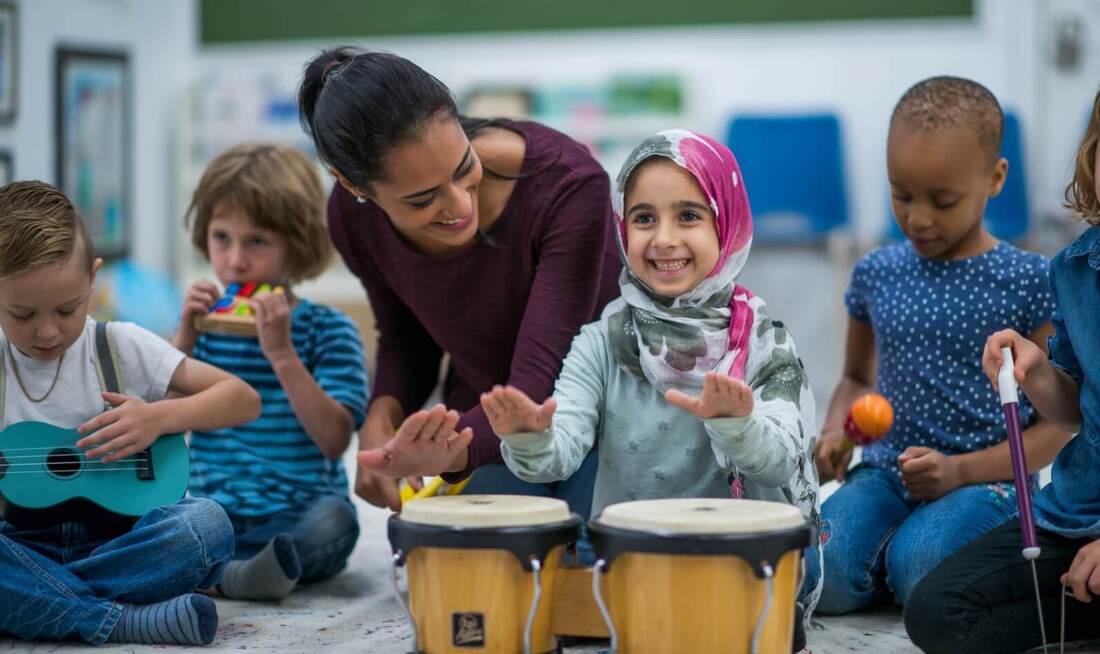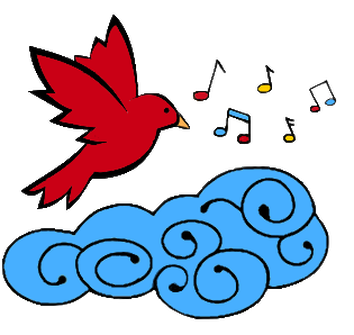|
Are you feeling overwhelmed with your own musical practice, or unsure how to help your students on their musical journey? Do you ever feel like you're staring at a messy room, not knowing where to start cleaning? Don't worry, this week's guide is here to help! We'll give you some tips on how to effectively practice and stay organized, so you can make the most of your musical journey. So let's get started! Set specific goals for your practice sessions. This will help you stay focused and motivated. Setting goals will give you an opportunity to identify the areas you want to improve. You can start by identifying the specific skills or areas you want to work on during your practice sessions. This could include technical skills, such as fingerpicking or phrasing, or musical concepts, such as phrasing or dynamics. To make your goals more manageable, break them down into smaller, achievable tasks. For example, if your goal is to learn a new piece of music, you might set a goal to learn one section of the music each day or to learn a specific number of measures each practice session. Create a consistent practice schedule. It's important to practice regularly in order to make progress. To help you stay on track, create a practice plan that outlines the specific tasks you want to complete during each practice session. This can help you stay focused and ensure that you are making progress towards your goals. There are a variety of resources like Gerald Kickstein’s “The Musician’s Way: A Guide to Practice, Performance, and Wellness” that offers a comprehensive guide to practicing and developing your skills as a musician, and apps like Modacity that allows you to track your progress. Start your practice with different warm-up exercises. These will help you get your muscles and mind ready for practice. Wind and brass players typically start with long tones before playing their scales and can vary with each instrument. There are a variety of approaches that you can try that you can try here:
Remember to take your time and listen to your body as you warm up. If you start to feel tired or strained, take a break and give yourself time to rest. Break your practice sessions into smaller chunks of time. It's easier to stay focused for shorter periods of time. Smaller practice sessions make it so that your practice is more manageable, and you don’t feel overwhelmed. Use a metronome to help you stay on tempo and improve your timing. This is a really important tool for students to learn early on as it helps develop a sense of timing and rhythm by providing a consistent beat to play along with. This is important when you play music with other people, as it helps everyone stay together and play in time. Record yourself practicing. With the technology that we have available today, you can record yourself practicing using any one of your devices. By recording yourself as you practice, this will help you identify areas that need improvement and track your progress. This is a great tool in being able to learn how to self-evaluation and to see if you are meeting your goals and make any necessary adjustments to your practice plan. Use a variety of practice techniques. This could include playing through a piece slowly, focusing on a specific section, or playing with a metronome.
Vary your practice routine. This will keep things interesting and prevent boredom. When you set individual goals for yourself, you can focus on one specific technique or passage in each session and make sure to mix it up regularly. You can also try practicing at different times of the day and see how it affects your focus and energy level. Try varying the materials that you use that can be in the form of your warm-up, etudes, and pieces to keep things interesting. You can also try practicing in different locations to see how it affects your focus and motivation. It would also be good to practice with different goals in mind in each of your sessions. These are just a couple of ideas to get you started, but the most important is being able to find out what works best for you. By taking the time to experiment what works for you will help set you up for success in the future. The Music & Language Learning Center provides individualized support for our students that incorporate these ideas in our individual and private lessons. If you'd like more personalized guidance, feel free to reach out for a free consultation!
0 Comments
Leave a Reply. |
AuthorWrite something about yourself. No need to be fancy, just an overview. Archives
June 2024
Categories
All
|
Music & Language Learning Center |
Music Classes |
Language Classes |
MUSIC AND LANGUAGE LEARNING CENTER 2024



 RSS Feed
RSS Feed

